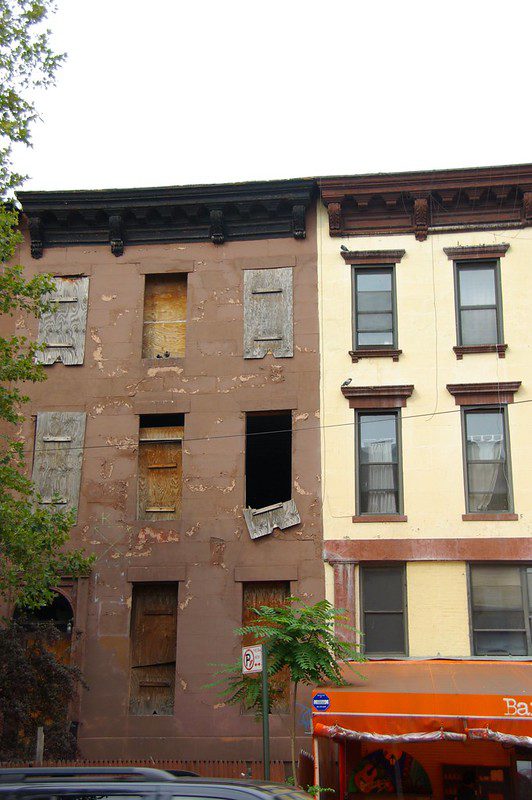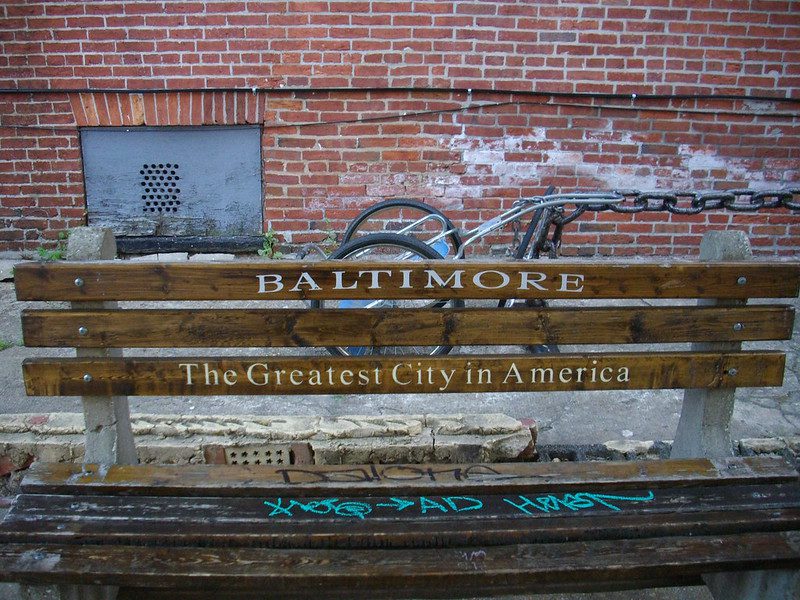Jury Awards $3.2 Million in Lending Discrimination Case
In the first jury trial in the United States dealing with mortgage lending discrimination, an individual was awarded $3.2 million in damages after a jury determined that he was discriminated against when denied a loan by First Gibraltar Bank (now known as First Madison Bank, FSB). Gordon Simms, a former resident and owner of Forest Apartments in Houston, was unable to get a loan from First Gibraltar to convert the complex into cooperative housing, despite the fact that he had guarantees and support from HUD, the City of Houston, and the National Cooperative Bank. First Madison received an “outstanding” CRA rating in 1991, and a “satisfactory” rating in 1993. First Madison is currently in the process of acquiring First Nationwide Bank, FSB of San Francisco.
Excerpted from the National Community Reinvestment Coalition’s Reinvestment Compendium 202-986-7898.
South Africa Uses Carrot and Stick to Underwrite Housing for Poor
In an attempt to deliver on President Nelson Mandela’s promise to provide a million homes to South Africa’s needy in five years, the late Minister of Housing Joe Slovo has signed an agreement with the country’s mortgage lenders to provide $500 million in new housing loans to residents of black townships. The New York Times reported that Slovo won the deal by agreeing to compensate lenders for payment boycotts and violent protests by the poor, activities that were originally used by township residents to protest against the apartheid government. Slovo also essentially told bankers that they had no choice, that a continued refusal to provide assistance to black townships would lead to laws requiring capital funds to invest a share of their holdings in deprived areas.
For those too poor to qualify for a loan, Slovo has allotted $3,500 in state subsidies per family, to be pooled in community housing projects. Critics say, however, that these subsidies are barely enough to buy a family a plot of land with basic shelter, water, sewer and electricity.
Migrant Farmworkers Win Housing Victory
The Everglades Community Association, representing hundreds of migrant farmworkers in hurricane-ravaged Homestead, Florida, has won a victory in its effort to build more than 500 single-family townhouses on land the farmers already occupy. After battling opposition from neighbors of a site to be used for temporary housing, the workers expect the first phase of construction of the townhouses to begin in early 1995.
The land where the Association plans to build the townhouses sits amidst tomato fields southwest of Miami, near the entrance to the Everglades National Park. The settlement made national news when it was destroyed by Hurricane Andrew in 1992. Plans to build permanent housing there have been underway for several years, and the Farmers Home Administration had approved funding in late 1993. Last January, the Dade County Commissioners approved the purchase of a transitional housing site ten miles away, where the farmworkers will be living during construction of the townhouses. But when nearby residents objected, Commissioner Larry Hawkins tried to delay the final purchase. He scheduled a re-hearing of the issue for last May but removed it from the agenda after 150 farmworkers attended.
The political drama climaxed in June at a 12-hour County Commission meeting, during which both sides scrambled to call Florida Sen. Bob Graham and HUD Secretary Henry Cisneros to determine where their support lay. Hawkins had claimed to have alternative plan that had the support of Sen. Graham and Secretary Cisneros. Association Director Steve Kirk, along with some of the workers, rushed from the hearing to call Graham and Cisneros. The calls of farmworkers struck home; the calls of opponents struck out. Eventually the Commission passed the plan, 11 to 1.
“We haven’t done anything like this since the ’60s,” one of the farmworker organizers commented.
Since the controversy last spring, former opponents of the transitional site have become the farmworkers’ allies, and Hawkins lost his bid for re-election in November. For more information, contact Steve Kirk at 305-245-0231.
Top Ten Facts About Affordable Housing In California
- From 1970 to 1990 the median cost of a home in California increased 746 percent from $23,100 to $195,500.
- More than half of all renters cannot afford fair market apartment rent.
- California has the top 13 least-affordable housing markets in the country.
- In the past five years, California housing production has fallen 300,000 units short of need. Over the next five years the state will fall an additional 200,000 units behind.
- Since 1981, the federal government has reduced housing funds by 75 percent.
- Only one Californian in ten who is eligible for federal housing assistance receives it.
- Nearly 1.4 million homes in California are in substandard condition.
- Overcrowding of rental units in California nearly doubled between 1980 and 1990 from 10.5 percent to 19.6 percent.
- There are more than 250,000 Californians homeless every year, a tenfold increase since 1980.
- An AFDC family of three gets only $607 a month, yet the fair market rent for a two-bedroom unit is $690 a month.
This information is excerpted from Housing California’s 1994 Housing and Homeless CA Legislative Report Card, which grades every California legislator’s voting record on housing issues. For a copy, send a SASE to: Mike Herald, Housing California, 926 J Street, Ste. 422, Sacramento, CA 95814. 916-447-0503




Comments